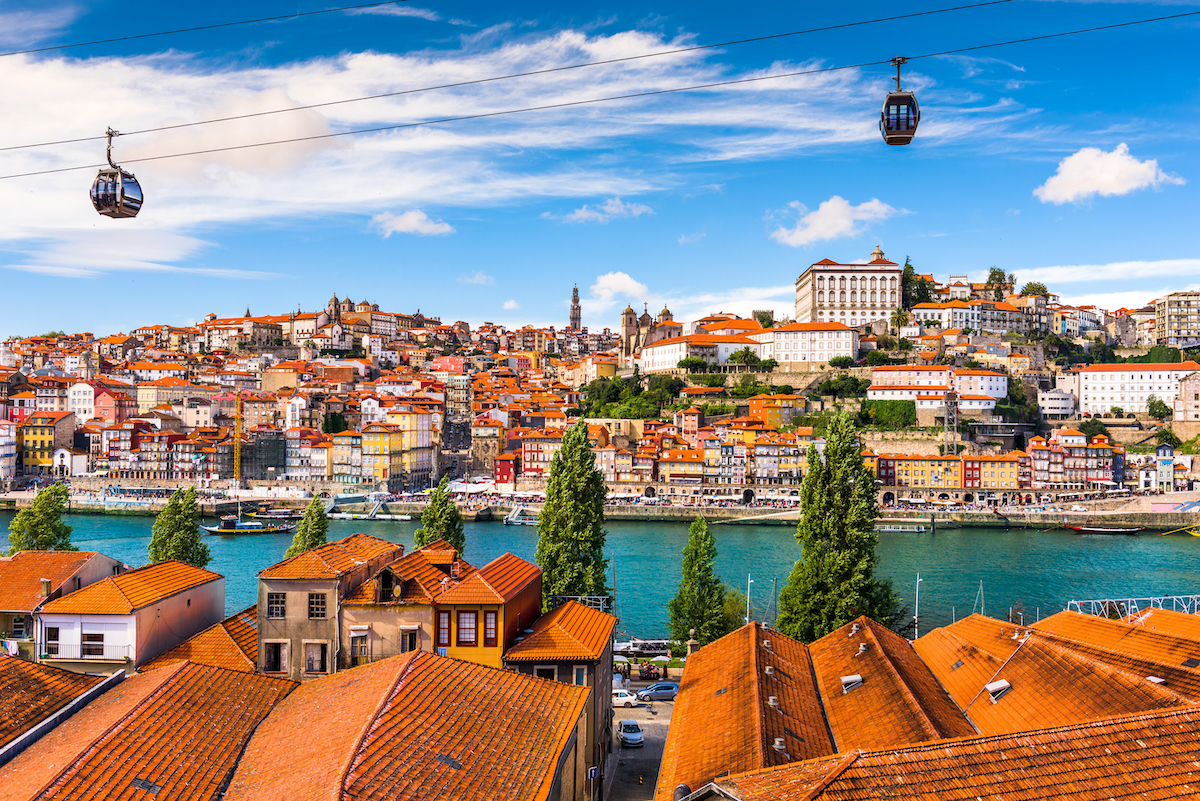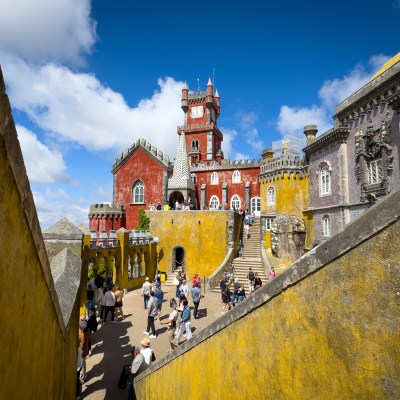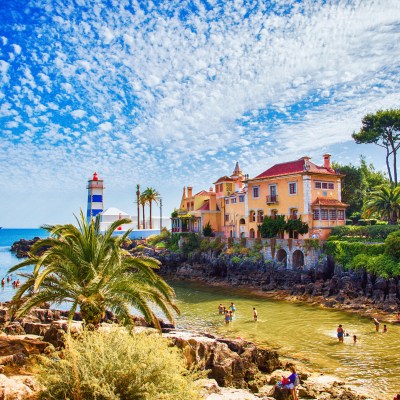Why To Retire In Portugal
Portugal’s cost of living makes it an instant favorite for those looking to stretch their retirement dollars. On average, it’s 26 percent less than the United States. Portuguese people are also known for their friendly and welcoming demeanor, which makes the transition much easier for expats. The country is ranked third-highest in the world for overall safety. Additionally, it’s hard to beat the weather if you prefer mild temperatures. Although the climate changes a bit depending on where you are, it rarely gets extremely hot or below freezing. If you’re looking to slow down and enjoy life surrounded by great food, amiable people, and a proud culture, Portugal may be the place for you.
Videos by TravelAwaits
Retire In Portugal: Things To Know
Weather
Portugal has a beautiful tropical climate, with warm summers and rainy winters. Northern Portugal averages 55 degrees Fahrenheit, while southern Portugal is around 64 degrees Fahrenheit. Summers in Portugal offer the perfect beach weather, and even in the rainy seasons maintain a relatively high temperature. Portugal’s mountainous region, meanwhile, experiences all four seasons, including snow.
Visa Requirements
Portugal has a visa specifically for those interested in retiring in the country, referred to as “the retirement visa.” During the application process, individuals will be asked to provide proof of a means of income.
More information can be found here.
Transportation
Portugal has an expansive, well-maintained road system, making buses and personal cars the ideal mode of transport throughout the country. For a more scenic journey, residents can also travel via the country’s regional train system.
Portugal has a few small airports, perfect for domestic travel, as well as three major international airports: Lisbon Airport (LIS), Faro Airport (FAO), and Porto Airport (OPO).
More information can be found here.
Health Insurance
Portugal has a public healthcare system, known as the Serviço Nacional de Saúde (SNS), that retirees will be entitled to use for all their medical needs, often free of charge. In addition to the public system, many expats elect to enroll in a private system as well.
More information can be found here.
Language
Portuguese is both the official and the dominant language in Portugal. Additionally, about a third of the country can also speak English, particularly in the major cities.
Currency
As with almost every other country in the European Union, the official currency of Portugal is the euro. 1 euro is worth approximately 1.15 U.S. dollars.



